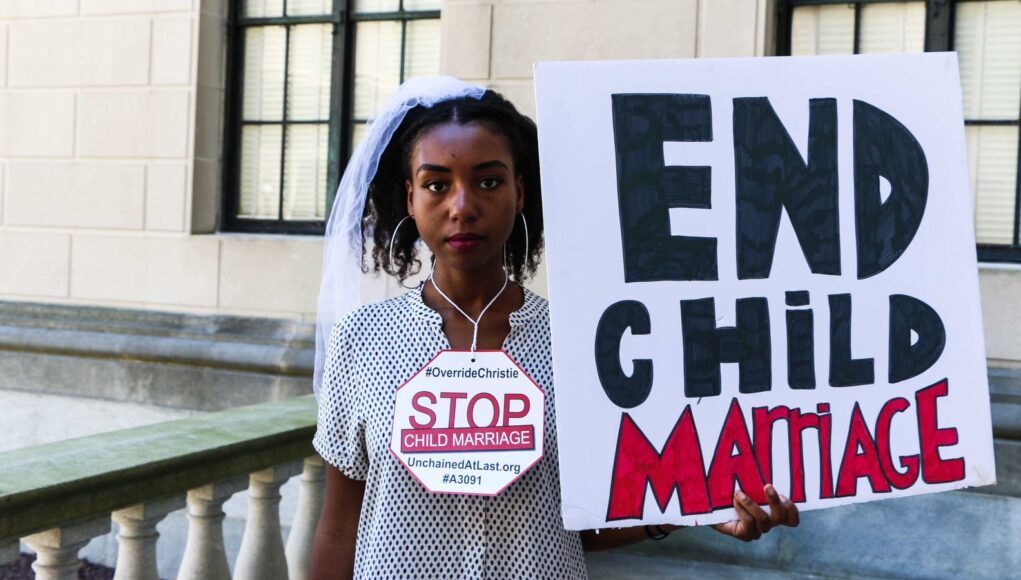By Obi Appolos
Conflict has been identified as a major driver of early child marriage due to its profound socio-economic and developmental impacts that extend far beyond the immediate effects of deaths and injuries of parents or guardians, according to Oluchi Achi Uzodimma, Secretary of the Coalition of Civil Society for Ending Child Marriage in Nigeria, FCT Chapter.
Uzodimma explained that girls, due to their vulnerability, often bear the brunt of these conflicts. “During conflicts, child marriage has been used as a strategy to save young girls from becoming victims of the crises,” she said. She emphasized that conflicts also increase the likelihood of sexual violence against girls.
In 2015, over 190 countries committed to ending early child marriage by 2030, as part of the Sustainable Development Goals (SDGs). In 2017, the Human Rights Council passed a resolution recognizing child, early, and forced marriage as a violation of human rights.
In her statement marking the International Day of the Girl Child, Uzodimma highlighted that despite efforts to combat child marriage, the latest estimates show that one in five girls worldwide marries before the age of 18, as reported by UNICEF in 2021. She noted that the rates are likely even higher for girls caught in conflict and humanitarian crises, referencing reports from Girls Not Brides (2020) and UNICEF.
“This situation makes girls more vulnerable to early marriage, as parents often perceive marriage as a means to protect and provide for their daughters,” she stated. “Because of the prolonged nature of conflict, many girls spend their entire childhood in displacement, making them susceptible to being married off or forcibly taken into marriage.”
Uzodimma pointed out the severe dangers that girls face in conflict zones. “During terrorist raids, girls are the primary targets, most abducted, and the most molested. Many underage girls are taken as brides, forced to become pregnant, and endure motherhood as children,” she said. “The physical, emotional, and mental health impacts of these violations are detrimental to their long-term development if not addressed.”
She further stressed that these girls have the right to a safe and healthy environment, yet conflicts prevent them from enjoying their childhood. “Attacks on schools and constant community raids are major drivers of child marriage,” she added.
Reflecting on the Chibok abduction, Uzodimma reminded that 2024 marks 10 years since 276 girls were abducted from their school in Borno State on April 14, 2014. “Since then, Amnesty International has documented at least 17 cases of mass abductions, where over 1,700 children were taken from their schools by gunmen and subjected to severe abuse, including rape.”
“It’s heartbreaking that many of these girls remain with their abductors, forced into marriage,” she lamented.
On the way forward, Uzodimma called for prioritizing the safety of girls in policy-making. “Girls must be kept in safe spaces where they are not at risk of being forced into early marriage due to conflict. They should also be actively involved in peacebuilding processes.”
“By engaging girls early in prevention and response strategies, they can play a significant role in achieving sustainable peace as they grow into mothers. Programs must be developed to raise their voices and ensure their participation in both formal and informal settings,” she added.
Uzodimma concluded by urging the United Nations, governments, and NGOs to encourage and support girls in leadership and peacebuilding roles, ensuring they have a central role in these activities.






























